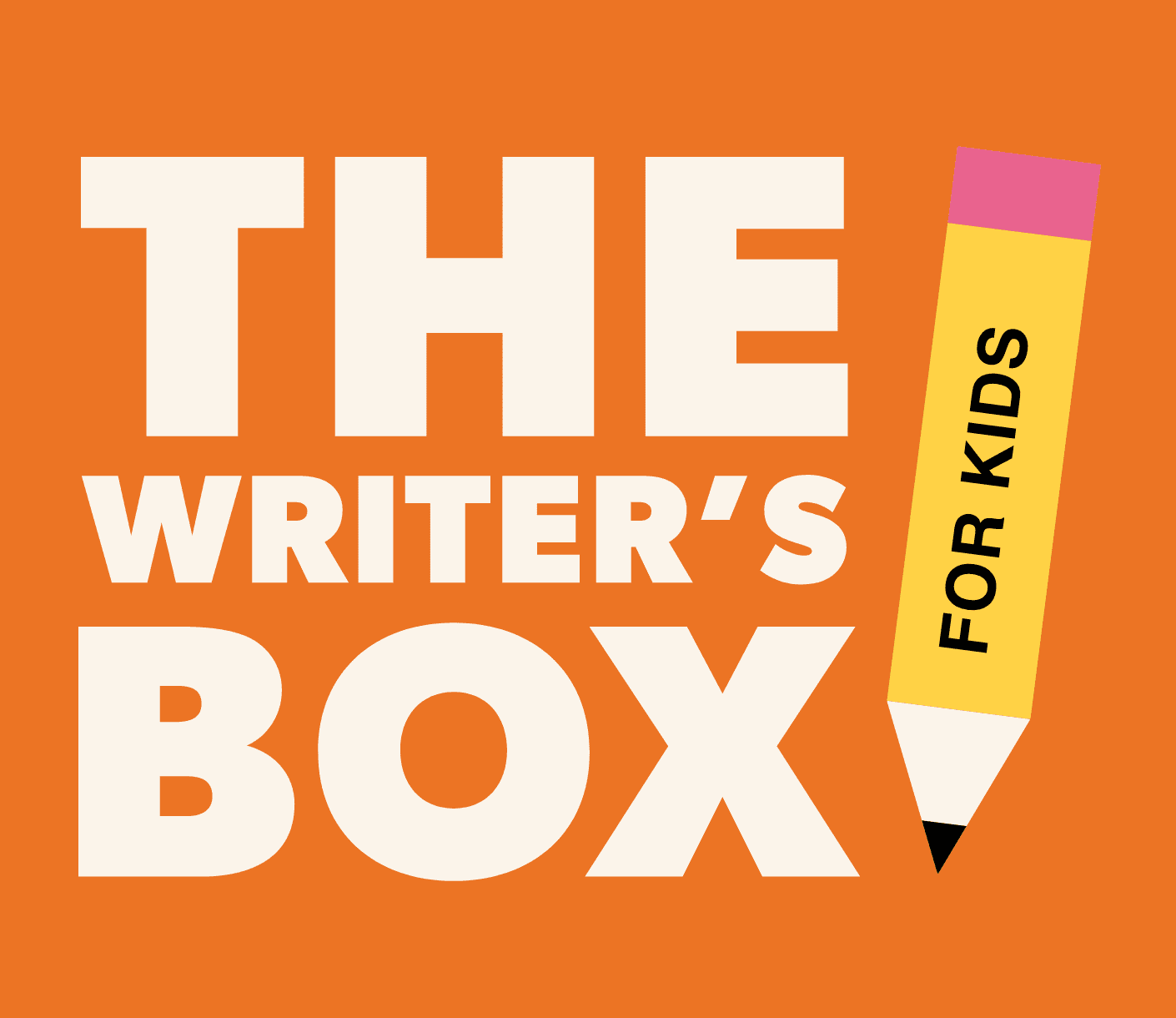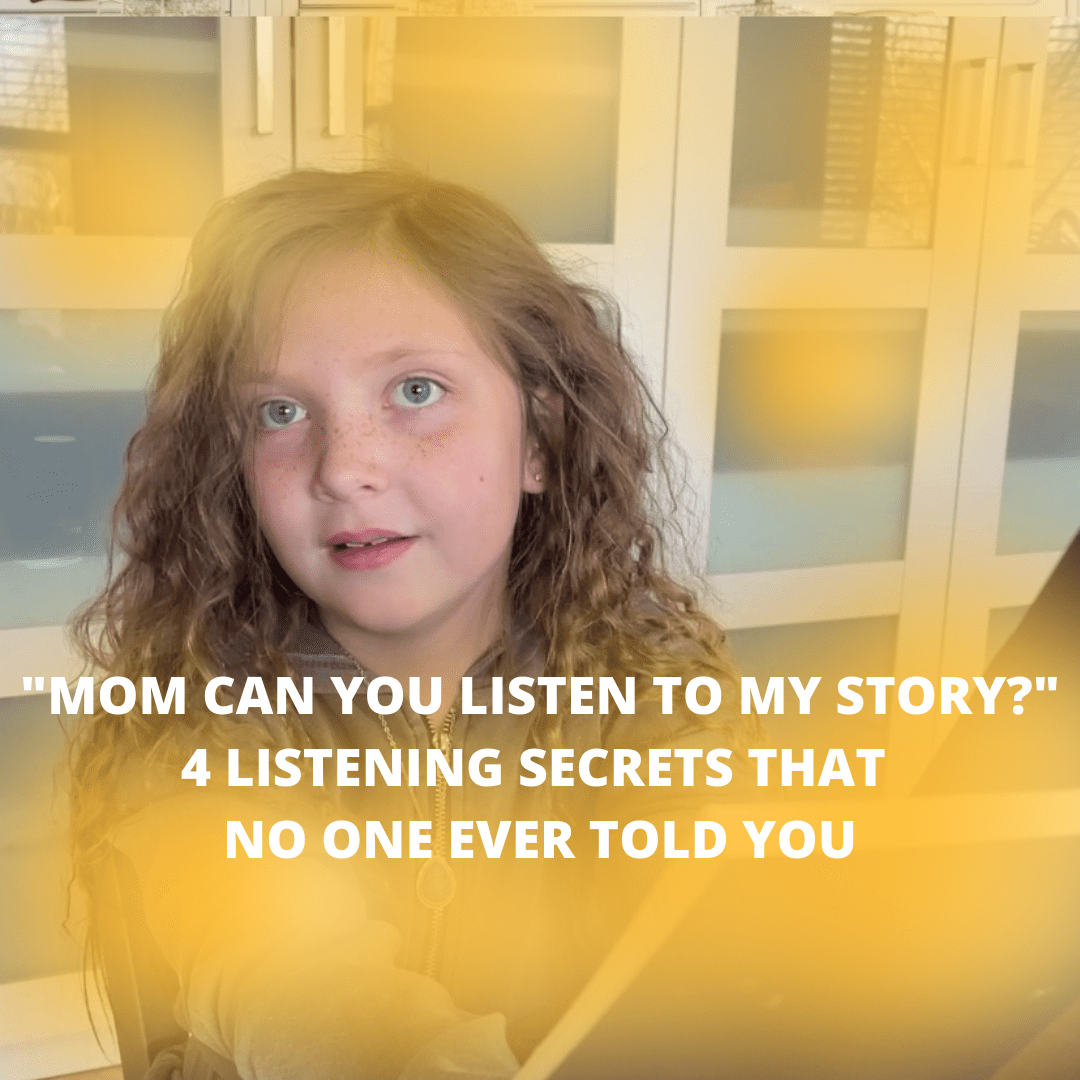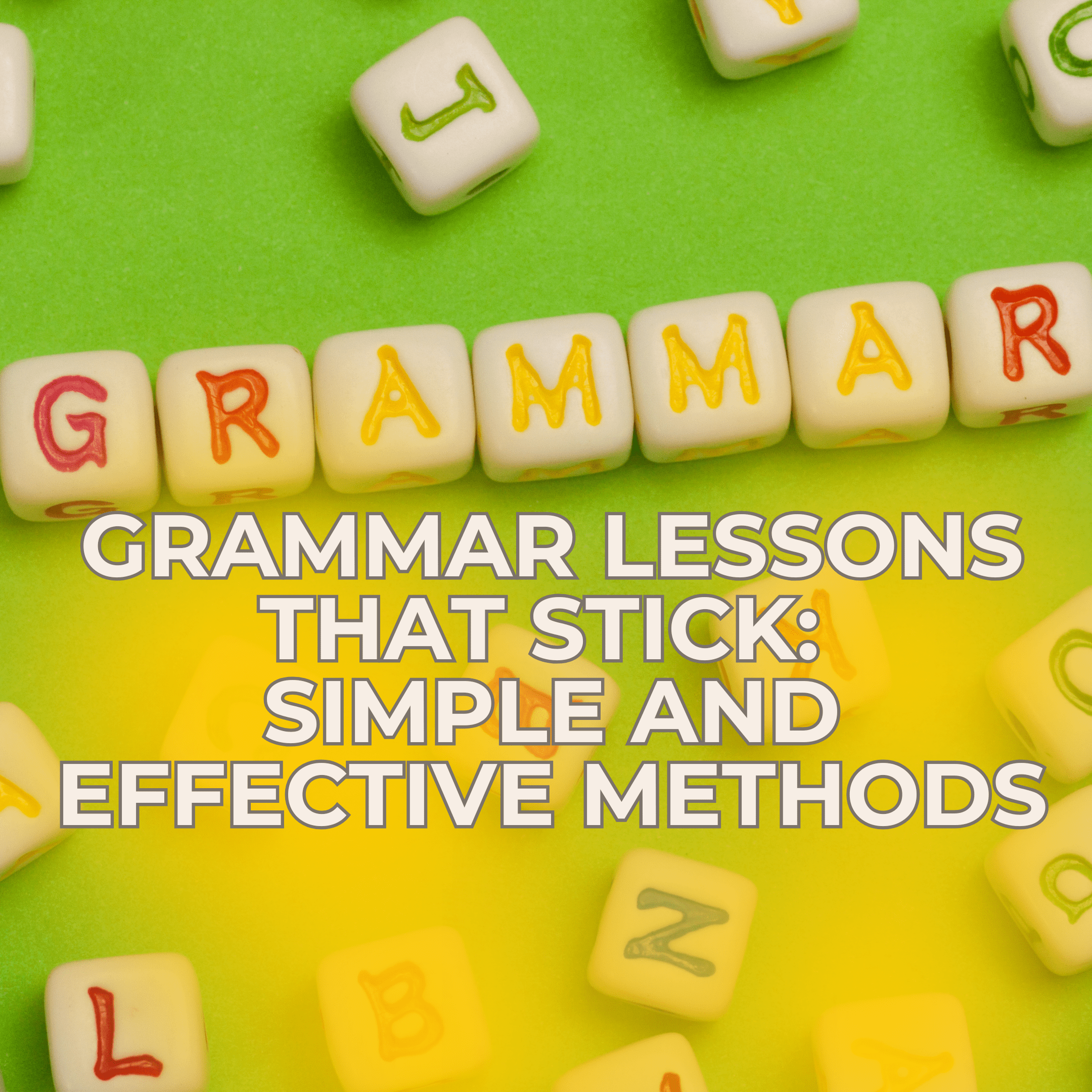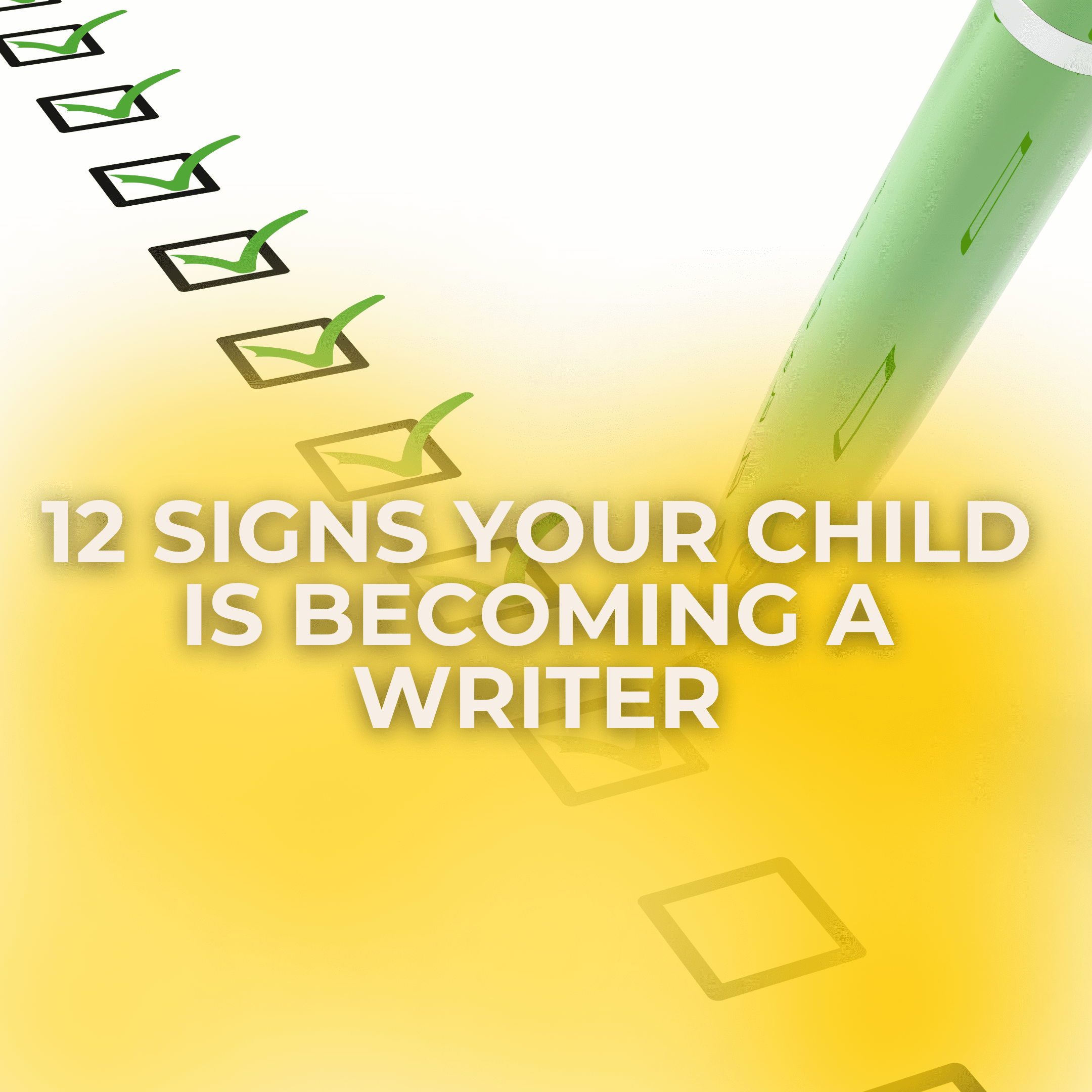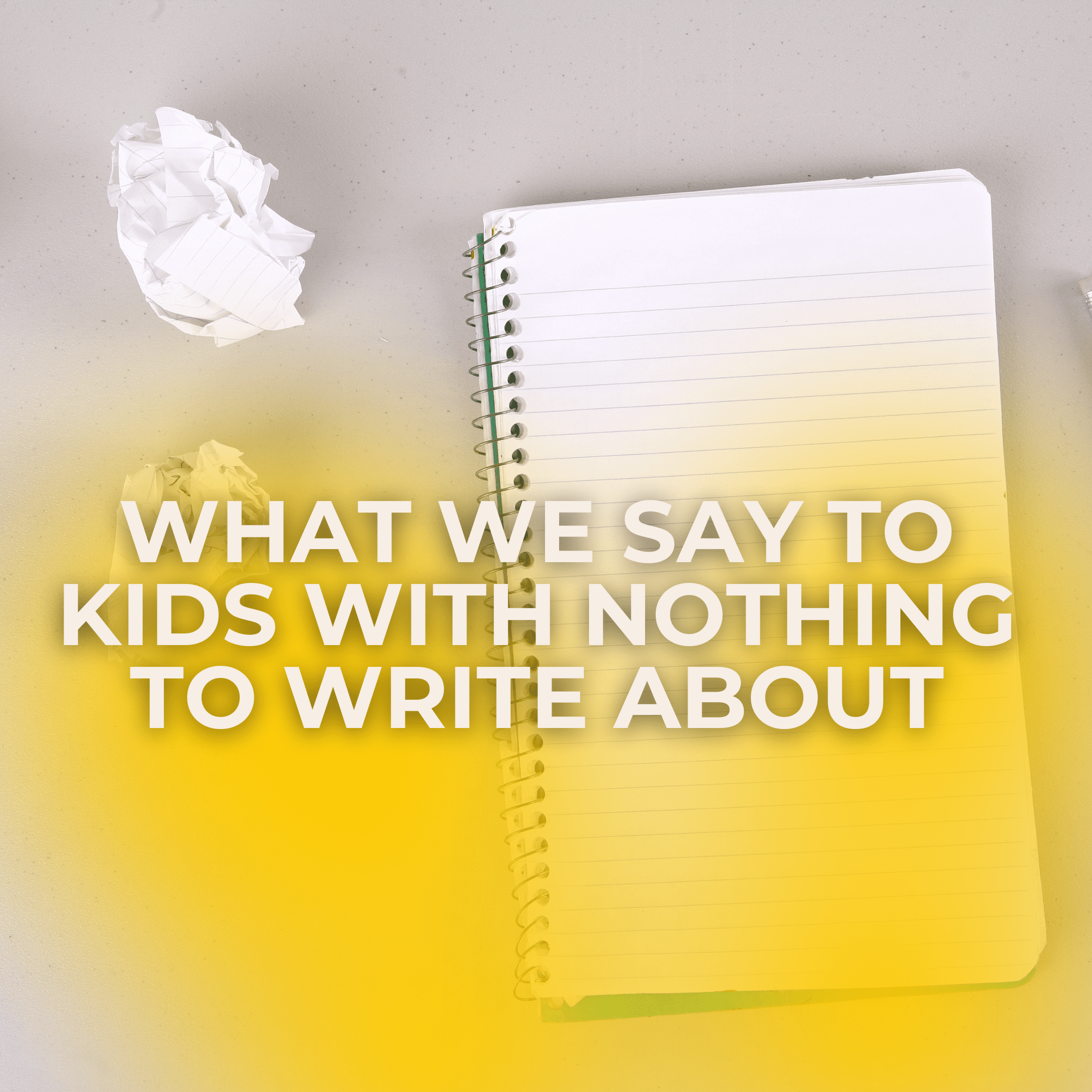"Mom, Can You Listen To My Story?"
Four Listening Secrets That No One Ever Told You
“Mom will you listen to my story?” is such a beautiful question to hear when you are raising writers. Of course you want to read their story! There are few things more exciting than reading words your child has put down on paper. These words give insight into their imagination, creativity, perspective, and development. It is a privileged and sweet opportunity.
Did you know there are ways to respond to your child’s story that can GUARANTEE they will write more? It’s true. And remember, that’s the GOAL. You want to keep them writing and writing. It’s the best way to raise a writer. (We promise.)
So here are four secrets to make it happen because when that beautiful question comes, you want to be prepared to make the most of it!
Read it like it’s gold.* Yes, it may be both darling and funny, and you treasure it for those reasons. But also read it as if it is the most important, profound story ever. In other words, take it seriously. This is important work. Even if they intend the story to be funny, they are also trying hard. When you take it seriously, it gives them permission to see themselves as a writer.
Ask questions. You want to understand WHY they are bringing this story to you. Usually, there are two different reasons. One reason is they are proud of something they did in the story. It might be the surprising character name, the pictures, the clever ending . . . figure out what it is and cheer for them. You might say, “I love this part____. What is your favorite part?” Another reason is they need help with something. You might ask: “Is there something you want me to focus on while I read?”
Determine where they are. Sometimes (most times) you will see places where they need to make changes or edits. Be careful with this. Determine first where they are in “their” writing process. If they are finished and are just bringing it to you for celebration, honor that. If they are open to suggestions, try “questions and wishes.”
“Can you add more here about the puppy?”
“I wish there were periods so I could better understand the story.”
4. Don’t forget, it is ALWAYS about the next piece. Keep your eyes not so much on “fixing” this piece, but on keeping them excited to write more. Tell them what you love and you will see more of it. Validate the work they are doing and they will do more of it.
